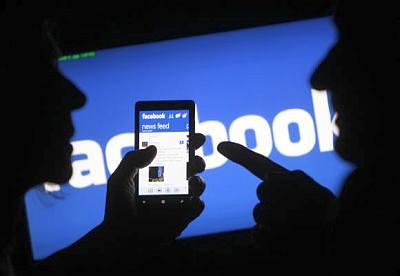 | « Back to article | Print this article |

A new study has found that lying on Facebook, Twitter can make people actually believe their fibs, leading to paranoia, memory problems.
According to a poll by online diary site Pencourage, two-thirds of web users fib on their online profiles and a fifth of people between 18 and 24 admitted that their profiles had no similarity to reality, The Independent reported.
The study showed that when people make things up on social media, they fell like they have to live up to their portrayed life, potentially causing strain, leading to personal problems.
3 out 10 users said that they couldn't live up to the portrayed image and 1 in 6 people said that their memory of events described on their profile was compromised.
Psychologist Richard Sherry said that the desire to present the best version of yourself is understandable but can bring with it problems.
Commenting on the study psychologist Richard Sherry said that it was understandable that people wanted to appear better on their social profiles, but it had a dark side, as "we deeply lose ourselves or negate what authentically and compassionately feels to be 'us', to the degree that we no longer recognise the experience, our voice, the memory or even the view of ourselves."
"When this starts to happen, feelings of guilt and distaste towards ourselves can create a cognitive trap of alienation and possibly even a sense of disconnection and paranoia," Sherry added.
***
Among other news, the 'Heart emoji' has been named the international word of 2014.
Heart emoji or <3 has been recently picked up as the international word of 2014, it has been revealed.
Emoji and other emoticons are driving a radical change in the evolution of the English language as pictographs become ingrained into the world's vocabulary, the Mirror reported.
The list was complied by the 15th annual survey of the English language by the the Global Language Monitor which analyses the internet, social media including Twitter and print and electronic news media.
Each emoji represents an emotion, expression, or state of mind, or a person, place or thing and there are now some 722 characters, with another 250 being made available during the next year, and 37 more due for approval in June 2015.
Photograph: Reuters